Applied Sciences, Free Full-Text
$ 28.00 · 4.7 (494) · In stock
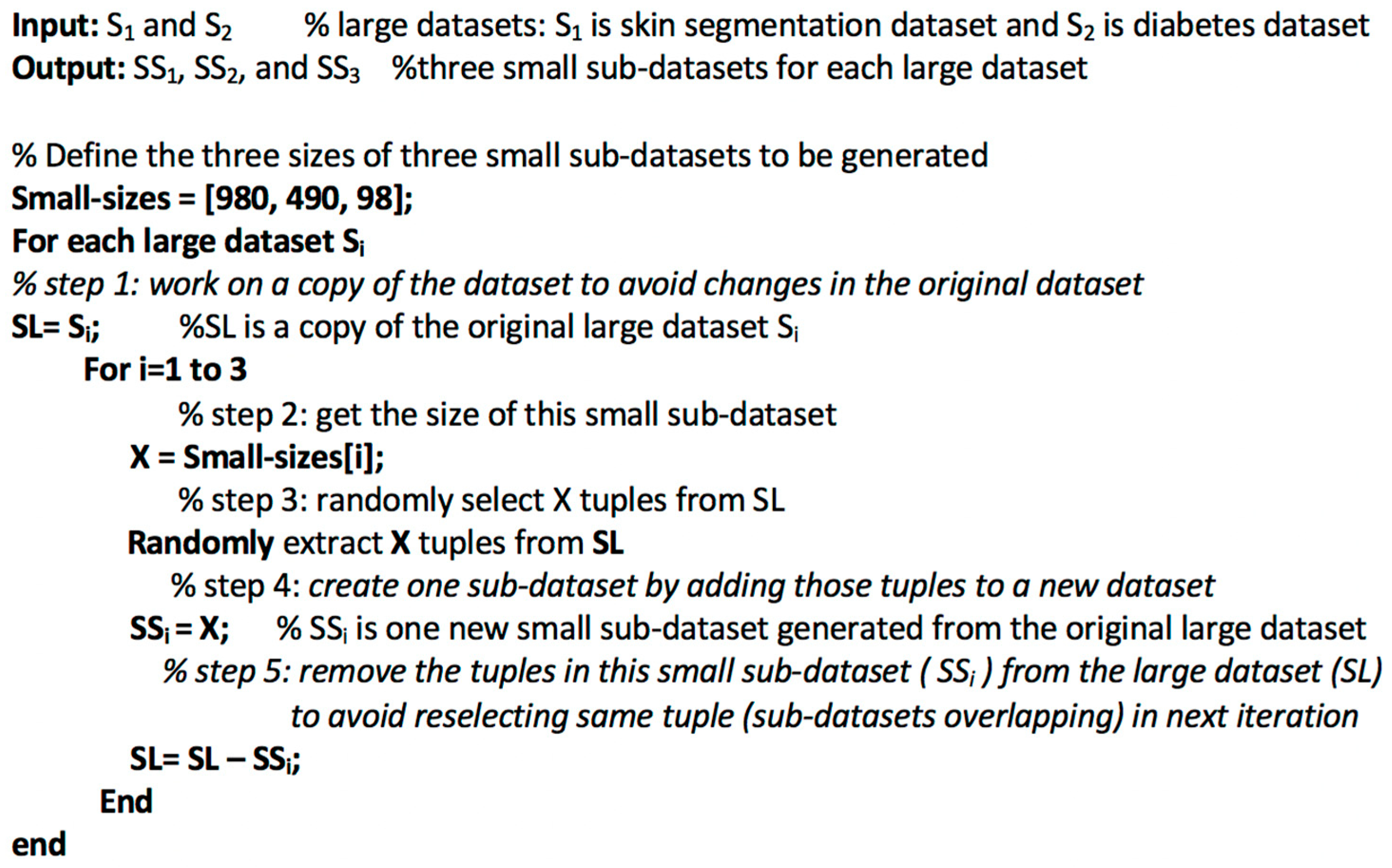
Dataset size is considered a major concern in the medical domain, where lack of data is a common occurrence. This study aims to investigate the impact of dataset size on the overall performance of supervised classification models. We examined the performance of six widely-used models in the medical field, including support vector machine (SVM), neural networks (NN), C4.5 decision tree (DT), random forest (RF), adaboost (AB), and naïve Bayes (NB) on eighteen small medical UCI datasets. We further implemented three dataset size reduction scenarios on two large datasets and analyze the performance of the models when trained on each resulting dataset with respect to accuracy, precision, recall, f-score, specificity, and area under the ROC curve (AUC). Our results indicated that the overall performance of classifiers depend on how much a dataset represents the original distribution rather than its size. Moreover, we found that the most robust model for limited medical data is AB and NB, followed by SVM, and then RF and NN, while the least robust model is DT. Furthermore, an interesting observation is that a robust machine learning model to limited dataset does not necessary imply that it provides the best performance compared to other models.

College of Medicine, Nursing & Health Sciences
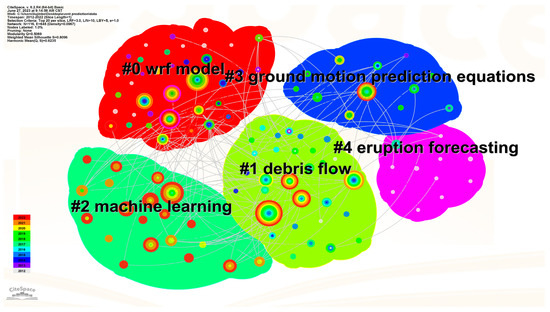
Applied Sciences, Free Full-Text, car accelerator pedal
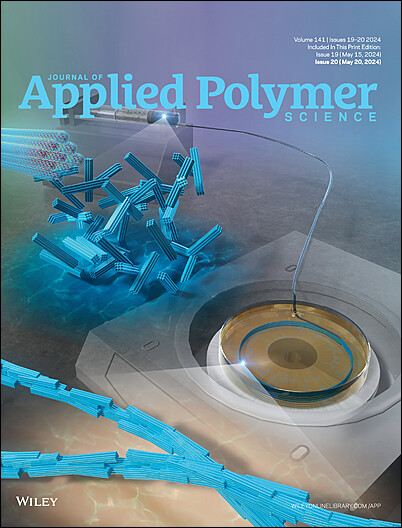
Applied Sciences, Free Full-Text, gas hupe dose
Applied Sciences, Free Full-Text, Synthetic Dye
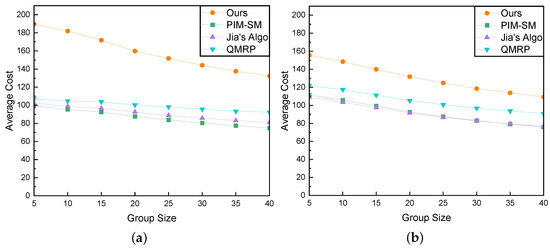
Applied Sciences, Free Full-Text, rated speed
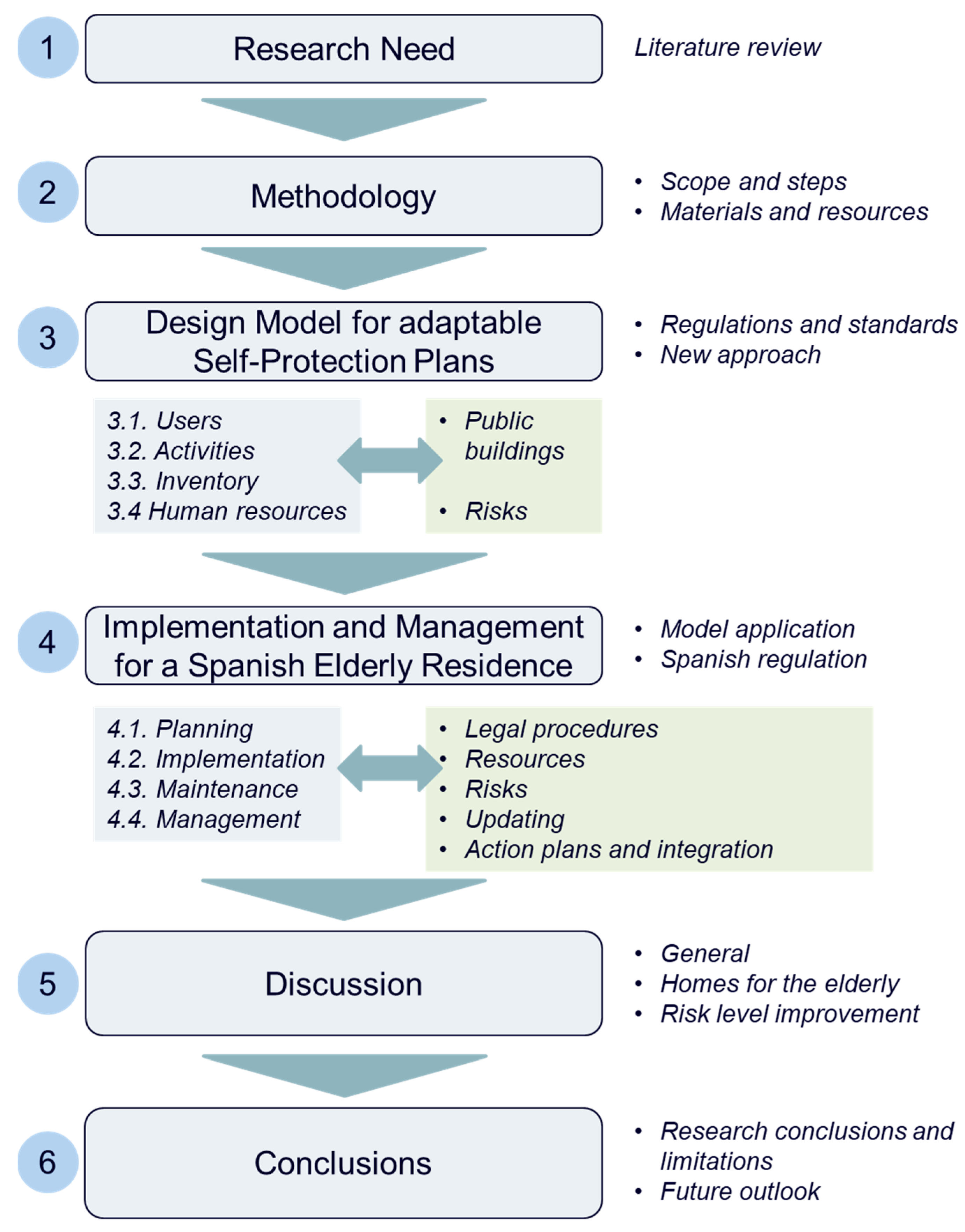
Applied Sciences, Free Full-Text, press f to pay respect
Applied Sciences, Free Full-Text
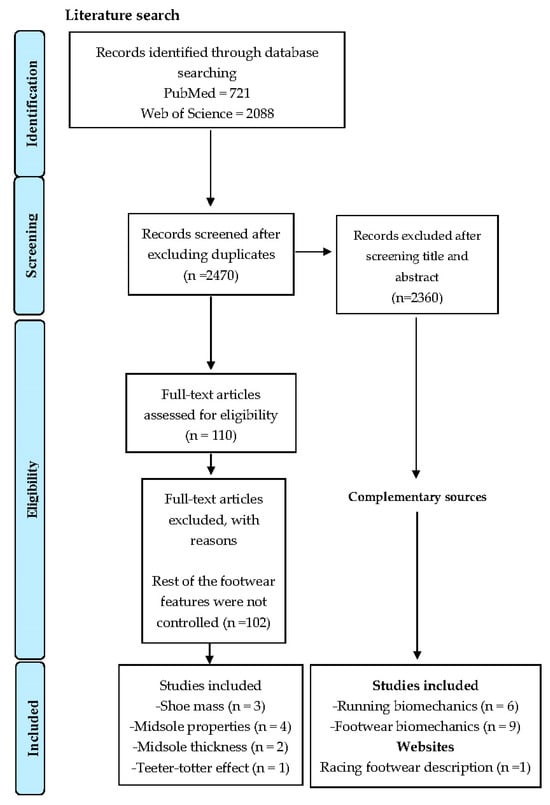
Applied Sciences, Free Full-Text, gas hupe dose

General Science Quiz organized by the Department of Applied
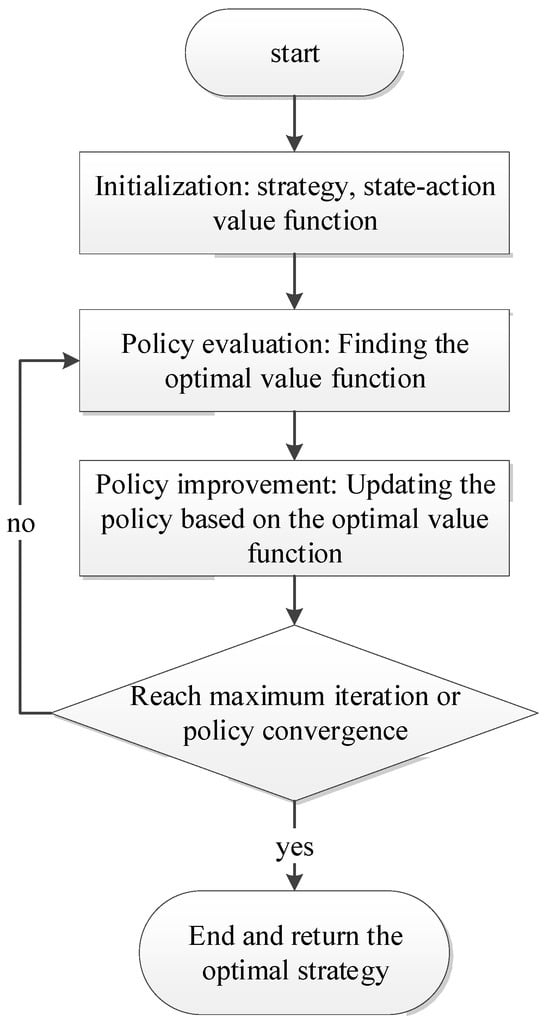
Applied Sciences, Free Full-Text, groups moodle ufsc

Official electronic signature

Applied Sciences, Free Full-Text, press fit

Applied Sciences An Open Access Journal from MDPI
